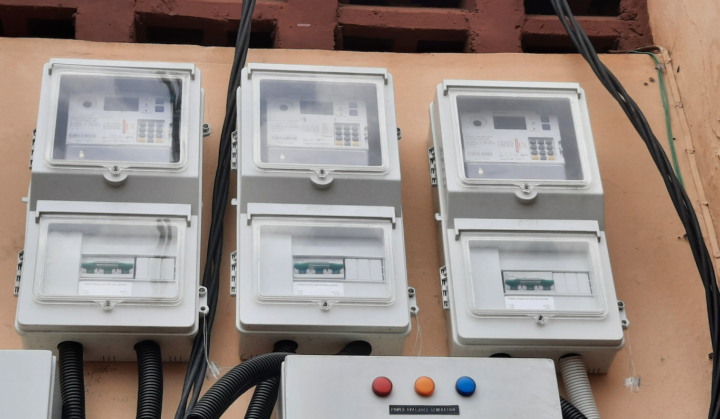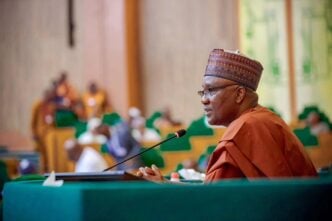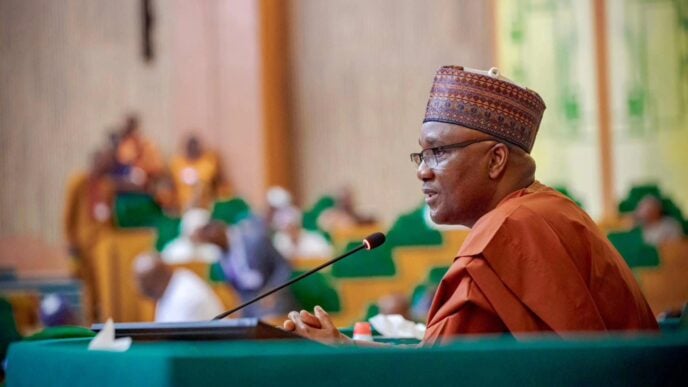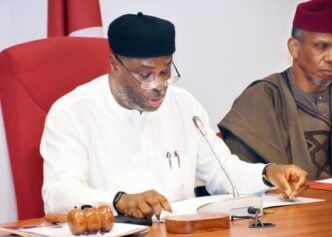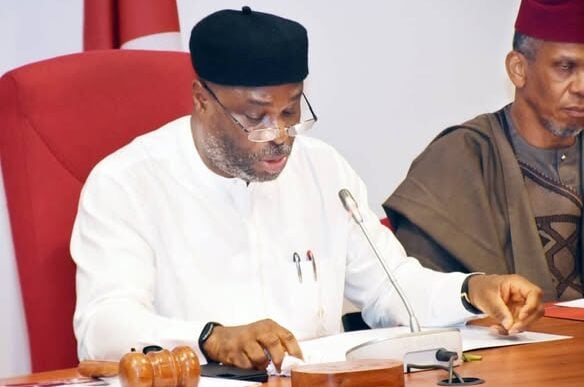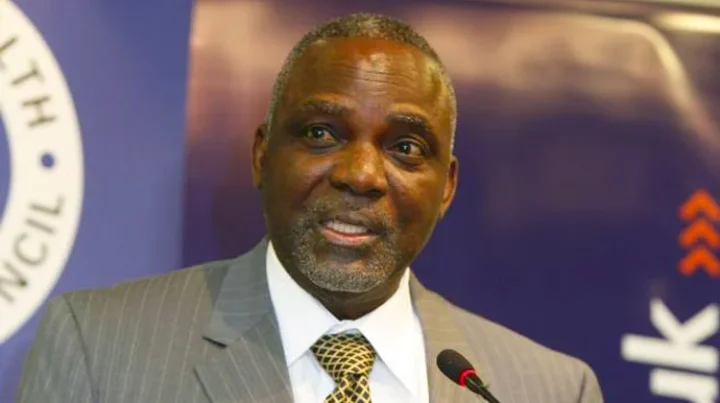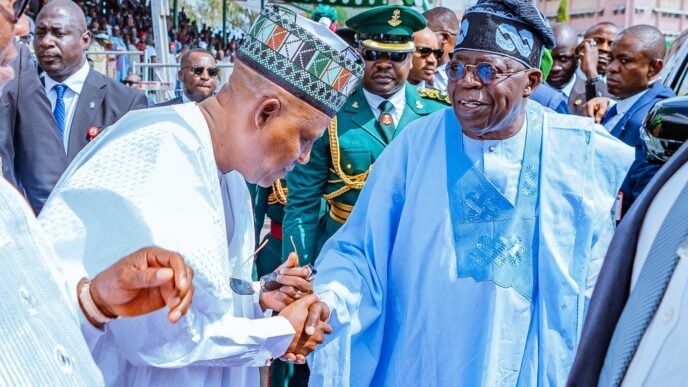Electricity distribution companies (DisCos) under the aegis of the Association of Nigerian Electricity Distributors (ANED) say customers are threatening not to pay their electricity bills following a recent slash by the Enugu Electricity Regulatory Commission (EERC).
On July 21, EERC reduced the Band A electricity tariff in Enugu state to N160/kWh from N209.
In a statement on Thursday, Sunday Oduntan, the association’s chief executive officer (CEO), said the action has affected other DisCos outside the state due to mounting pressure to reduce tariffs.
“Since the release of the tariff order by EERC for Enugu State residents, the electricity distribution companies in other states have come under intense pressure and scrutiny also to reduce tariffs, while some customers have taken a position that they will no longer pay their electricity bills until tariffs are reduced,” the statement reads.
Advertisement
The DisCos said the move was made without adequate coordination with the Nigerian Electricity Regulatory Commission (NERC) or other key market participants.
“We duly recognise changes in law and regulation that now permits States to set up their electricity markets,” they said.
“However, any State-level policy action such as uncoordinated tariff reductions that does not align with market-wide cost-recovery mechanisms will inevitably result in shortfalls in Disco remittances to the market below their current Distribution Remittance Obligations, thereby putting GenCos and other upstream service providers at further financial risks.”
Advertisement
The DisCo said the tariff reduction by EERC raises significant concerns for the stability and liquidity of the Nigerian Electricity Supply Industry (NESI).
They noted that since the EERC’s tariff order was issued, DisCos operating in other parts of the country have come under intense pressure to follow suit.
“Permit us to establish the fact that as service providers, it is our hope and desire that electricity tariff at some point should begin to go down with time,” the association said.
“It is not our intention to make life difficult for our loyal customers, and we have been aligning with the federal government to ensure provision of stable power supply.
Advertisement
“However, the cost reflective tariff is as a result of the economic realities of our nation.”
‘SUBSIDY REGIME MUST BE TRANSPARENTLY STRUCTURED’
The DisCos questioned the rationale behind the EERC’s decision, particularly the reliance on federal subsidy policy to justify the tariff cut.
They said any subsidy regime must be transparently structured and fully funded to prevent further disruption in market operations, adding that they were not opposing subsidies in principle.
Advertisement
“We strongly emphasize that subsidies must be transparently structured and promptly funded. Delayed or unfunded subsidies create cashflow disruptions, undermine market confidence, and deepen the existing liquidity crisis across the electricity value chain,” they said.
Citing the position of the federal government, the association recalled that Bayo Adelabu, minister of power, had made it clear that any state reducing tariffs must also assume responsibility for paying the resulting subsidy.
Advertisement
“It is already a fact today that the delay in the prompt payment of electricity subsidies has put the generation companies and gas suppliers under severe operational burden due to the almost N5 trillion outstanding to these market participants,” the statement reads.
The group further acknowledged recent regulatory changes that allow states to establish their own electricity markets.
Advertisement
“We understand further that the federal government does not have an elastic subsidy budget. Any tariff reduction following the approach adopted by EERC may further bloat the subsidy obligations of the federal government,” the association said.
“We believe that the federal ministry of power and the NERC would be watching closely to provide guidance and align state and federal objectives to ensure electricity access is accelerated in a sustainable and affordable manner.”
Advertisement
The group added that most states are already constrained by limited budgets and rising governance costs, making it difficult for them to independently finance electricity subsidies.
